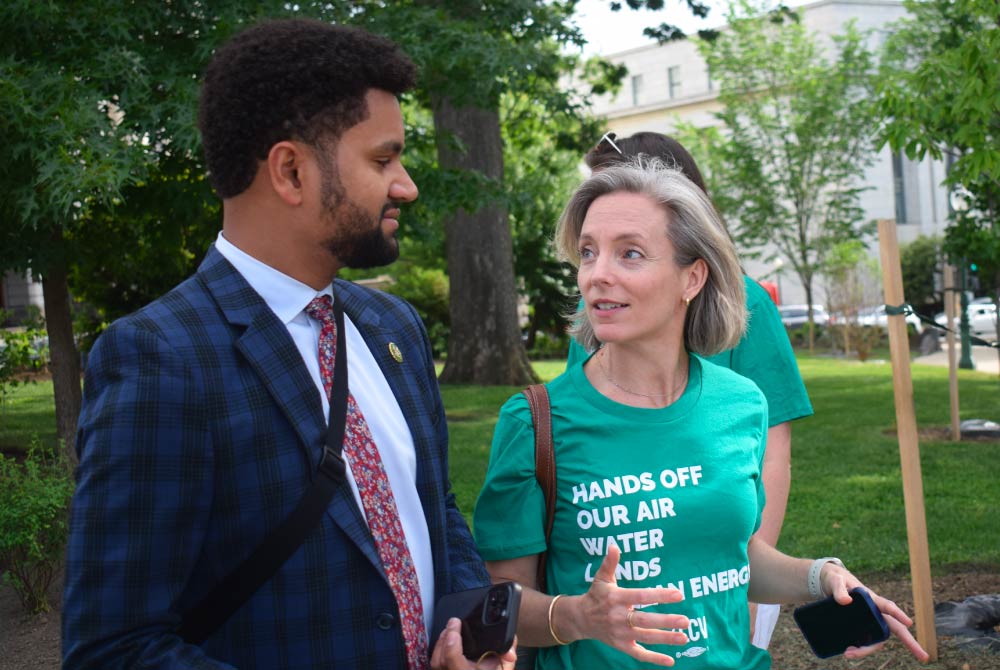
Top 5 Stories Worth Reading – June 2025
Jun 30, 2025
Yesterday, joined by Nevada parents and clean air advocates, Nevada Governor Steve Sisolak signed legislation funding electric school buses. SB299 would allow funds from the Electric Vehicle Infrastructure Demonstration (EVID) program to be used by school districts to cover up to 75% of the upfront cost of an electric school bus and/or related charging infrastructure. The bill passed out of the Nevada Senate and Assembly with overwhelming support.
It’s law! #SB299 has been signed into law by @GovSisolak, providing funding for electric school buses and moving NV one step closer to offering a #CleanRide4Kids! We couldn’t be prouder of this moment. Thank you, #nvleg and Governor. #RenewNV pic.twitter.com/cg9JTy0yqh
— Chispa Nevada (@Chispa_NV) May 23, 2019
“Senate Bill 299 is a victory for Nevada’s children,” said Rudy Zamora, Program Director of Chispa Nevada. “Right now, our kids are riding in toxic diesel school buses that put their health at risk, pollute the air we breathe, and damage our environment, but SB299 begins the transition to a clean ride for kids. For low-income communities of color who disproportionately suffer from dirty air and the corresponding lung and heart illnesses, this is an important opportunity for a better future”
Proud to sign #SB299, which sets up an incentive structure for public schools to adopt electric school buses as a new mode of clean & efficient transportation for our students. Thank you @Chispa_NV and clean energy partners for advocating for this important issue. #cleanride4kids pic.twitter.com/MuFVvxawyW
— Governor Sisolak (@GovSisolak) May 23, 2019
Also yesterday in Nevada, the state Senate voted to approve Assembly Bill 465 unanimously, which would create a program expanding access to solar energy for more Nevada families and small businesses. A portion of the new program created under AB 465 will be set aside for low income customers, delivering a lower energy rate powered by clean energy. The program will also create workforce development and job training opportunities so every community has access to the economic benefits of the fast-growing solar industry.
BREAKING: #AB465, a bill that expands access to #solar energy to underserved communities, has passed the NV State Senate unanimously! Now onto @GovSisolak for signing! #nvleg #cleanenergy pic.twitter.com/SZ09BhPAfc
— NV Conservation League (@NVconservation) May 23, 2019
“We are pleased to see the Senate pass Assembly Bill 465, which will reduce rates for Nevadans who want to go solar but can’t afford to do so, while creating well-paying jobs and reducing carbon pollution,” said Andy Maggi, Executive Director for the Nevada Conservation League. “This bill ensures Nevada’s clean energy economy continues to move in the right direction, expanding access to solar energy to more Nevadans who have been kept out through economic, workforce or systemic barriers.”